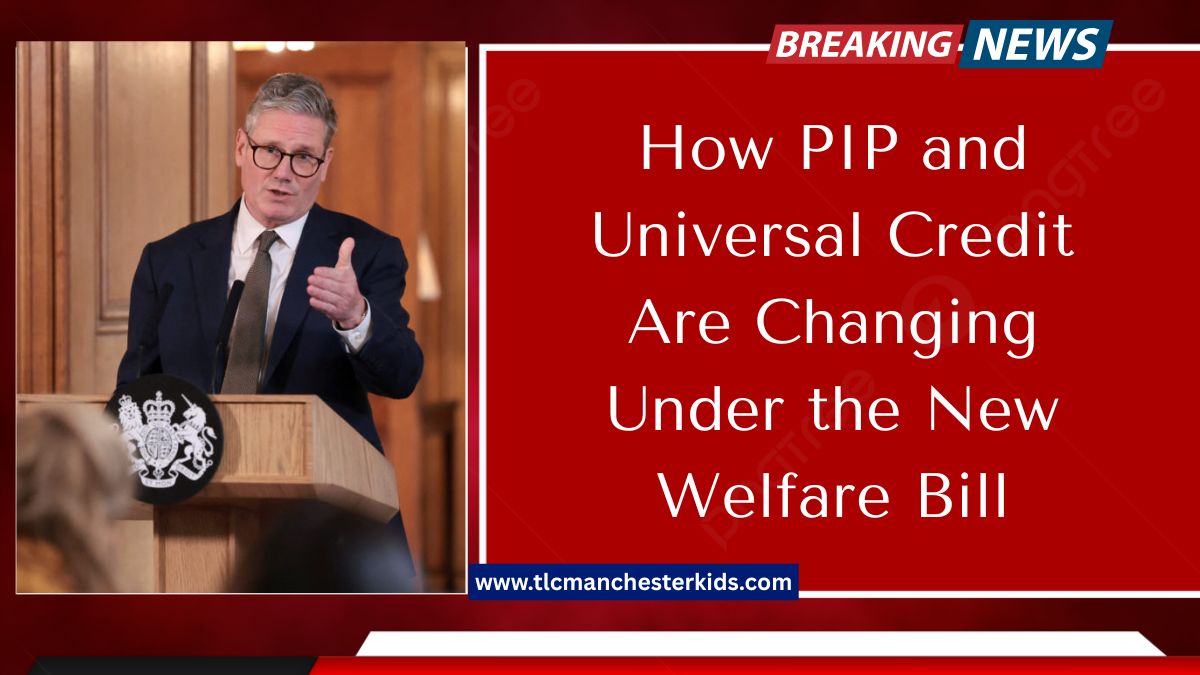In a last-minute move to secure votes and push through the welfare bill, the government made a significant concession on Tuesday evening.
With just over an hour left before a crucial vote, disabilities minister Stephen Timms announced that no cuts would be implemented to Personal Independence Payment (PIP) until a thorough review of the disability benefit is completed.
This decision followed several other adjustments to PIP and Universal Credit, which had been proposed earlier in the week to address concerns raised by Labour rebels.
These unexpected changes come months after the government first unveiled the controversial welfare reforms, leaving many claimants grappling to understand how the shifting policies will affect them.
What Did MPs Vote For?
The Universal Credit and Personal Independence Payment Bill was introduced by the government in March 2025. Its primary goal was to stabilize welfare spending while encouraging more people to return to work by adjusting benefit eligibility.
Initially, the government proposed £5 billion in cuts to the health element of Universal Credit, alongside reducing the number of people eligible for PIP and eliminating disability payments for individuals under the age of 22.
However, the bill has now undergone significant changes in response to widespread backlash from disabled individuals, over 86 charities, and a growing number of Labour MPs. Despite these revisions, some cuts to Universal Credit still remain.
For example, the health top-up amount will be frozen until 2028, and payments for new claimants will be halved. However, the benefit top-up will now be adjusted annually according to inflation.
The Timms Review: What Does It Mean?
The PIP changes have now been postponed as part of the government’s last-minute compromise. Stephen Timms will lead a review into the impact of the cuts, which will be conducted in 2026.
The Timms Review will assess the PIP system’s fairness and its ability to meet the needs of people with disabilities in modern society.
It aims to work closely with disabled individuals, their representative organizations, and MPs to create a more effective system that delivers better outcomes for those affected by disability and health conditions.
This review, the first of its kind in a decade, is expected to be published in autumn 2026.
What Does This Mean for Your PIP Payments?
Thanks to the government’s latest move, PIP claimants will no longer need to score four points or more in a single category of their benefit assessment to qualify for the benefit.
The PIP payment system will be revisited as part of the Timms Review, with findings expected by the end of 2026. As a result, payments will not change before 2026, and it seems unlikely that similar reforms will be pushed through before then.
Initially, it was projected that around 800,000 people could lose access to the daily living component of PIP by 2029/30. However, under the latest changes, this will not happen until at least the review is concluded, and it appears the government will face resistance in implementing similar reforms in the future.
What Does This Mean for Universal Credit Payments?
Despite the multiple concessions, the health top-up element of Universal Credit will remain frozen for existing claimants and will be halved for new claimants. However, under the new agreement, this top-up will be adjusted annually in line with inflation, offering some relief to those affected.
This decision will impact approximately 2.25 million current claimants and an estimated 730,000 future claimants. The government’s projected savings from these measures will be far less than the £5 billion originally forecasted.
Prior to the inflation-linked changes, the government expected to save £1.1 billion in net savings by 2029/30. With inflation adjustments now in place, these savings are expected to be substantially reduced.
What Happens Next?
The government has committed to making the necessary amendments to the bill, removing the PIP changes before it returns to the House of Commons next week.
The bill is expected to proceed through Parliament, eventually becoming law once it has been approved by both MPs and peers. However, uncertainties remain, and questions about the broader scope of welfare reform are still unresolved.
Ministers remain focused on reducing welfare costs and promoting employment, while the PIP review could lead to further debates and complications depending on the recommendations it generates.
The government’s last-minute concession on PIP and Universal Credit marks a significant shift in its welfare reform plans. While changes to PIP have been delayed for review, cuts to Universal Credit still feature in the bill.
The Timms Review will play a critical role in shaping future policy decisions regarding disability benefits, and its findings could have a major impact on the welfare system.
FAQs
When will the PIP changes be implemented?
The proposed changes to PIP have been postponed until at least the Timms Review is completed in 2026.
Will the Universal Credit health top-up be frozen indefinitely?
No, the health top-up for Universal Credit will be frozen only for a limited time and will be adjusted annually for inflation.
How many people are affected by the new welfare reforms?
The changes to Universal Credit will impact approximately 2.25 million existing claimants and 730,000 future claimants.




